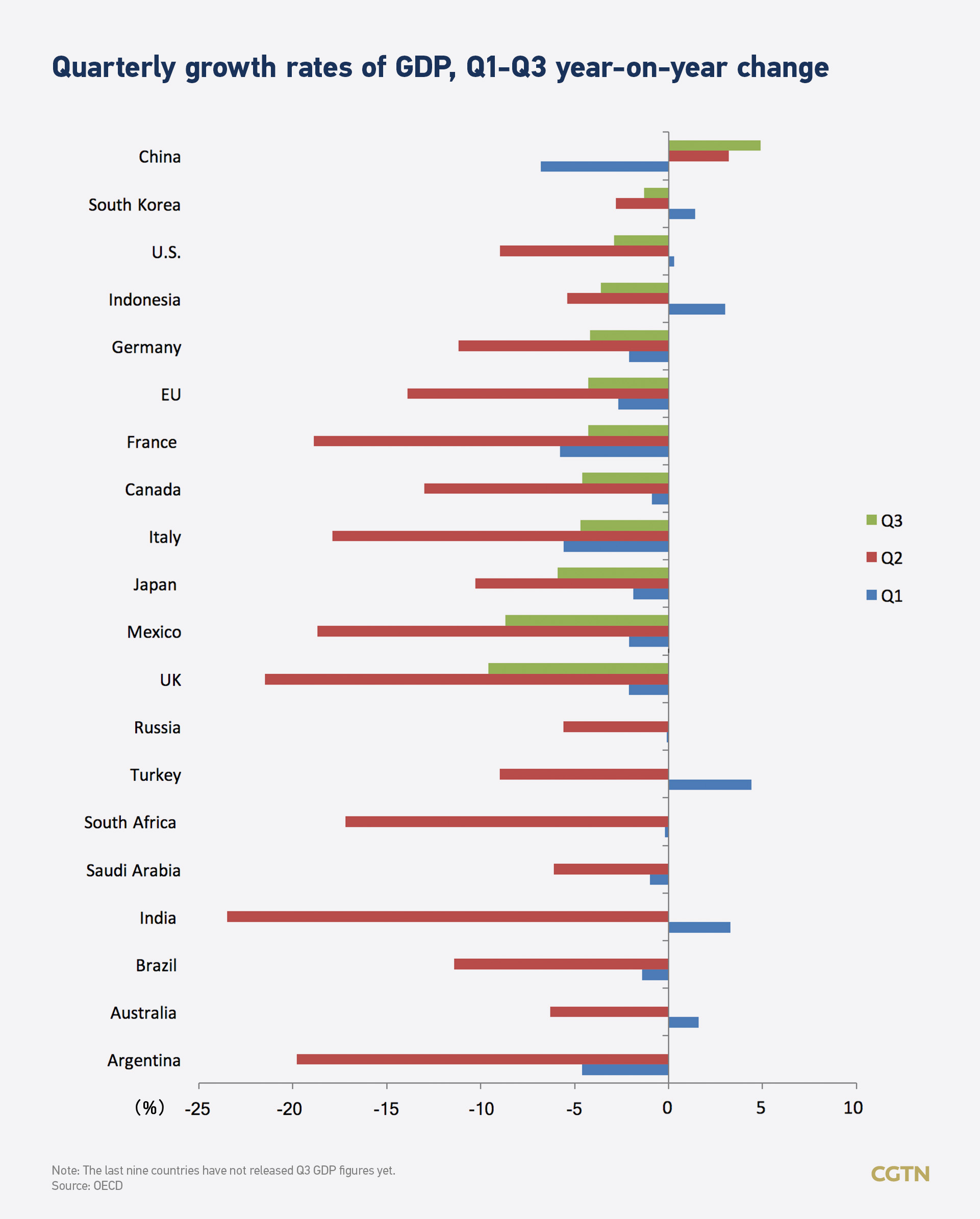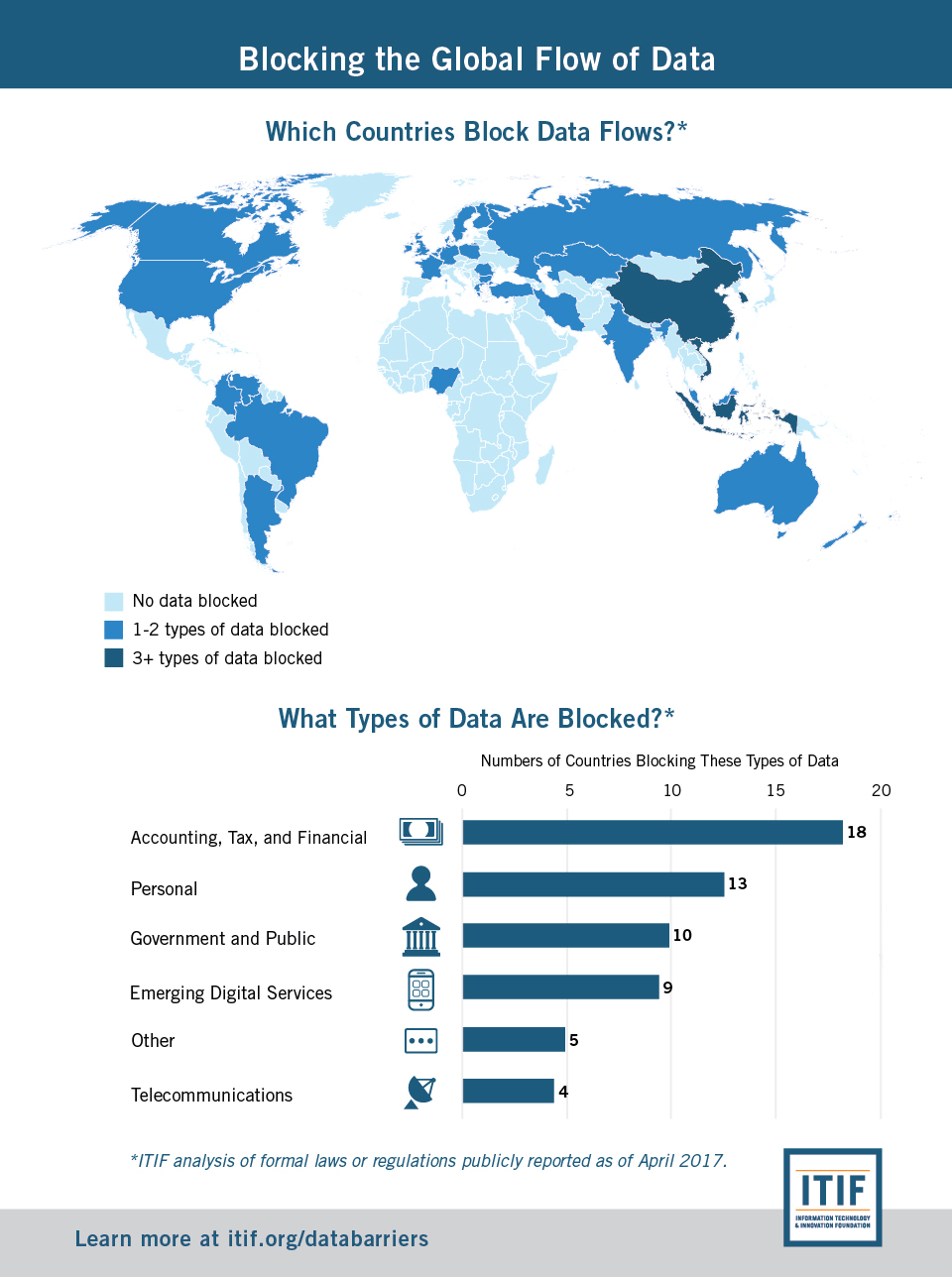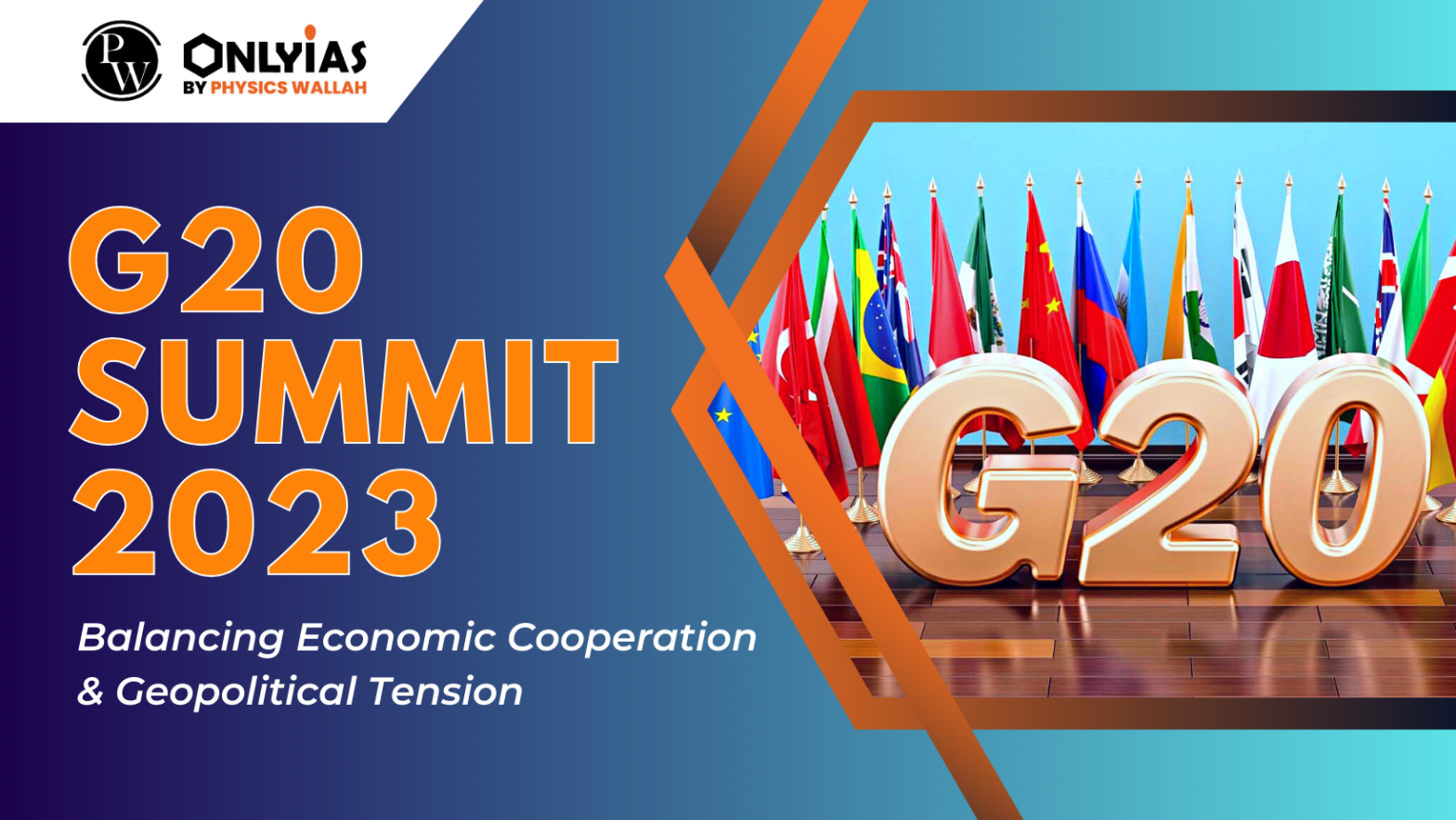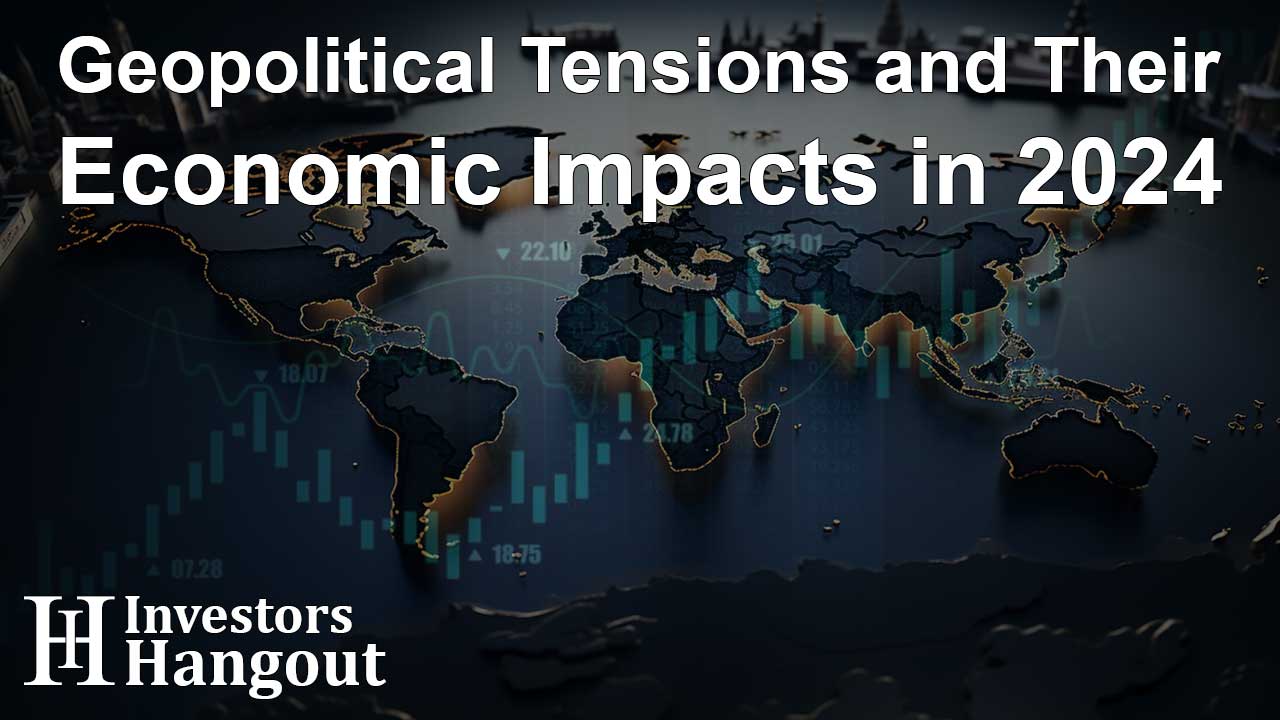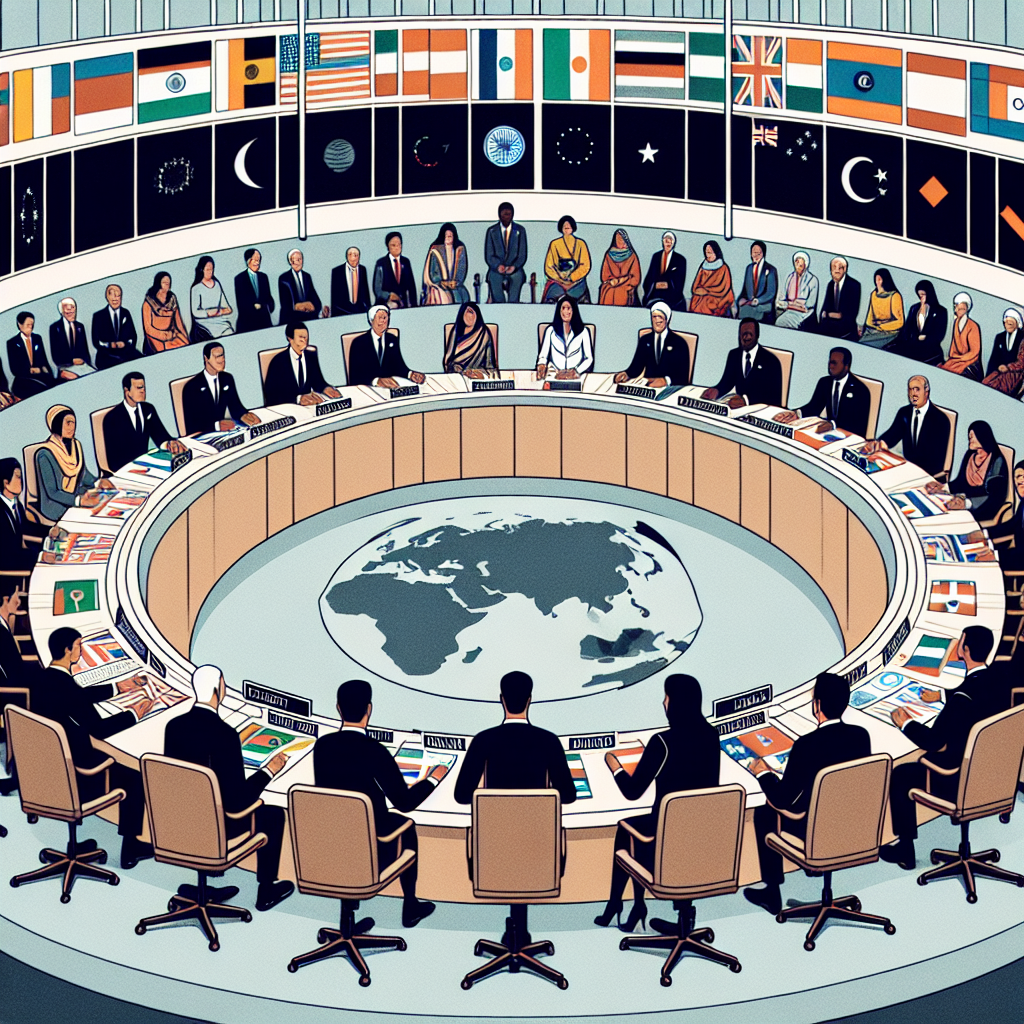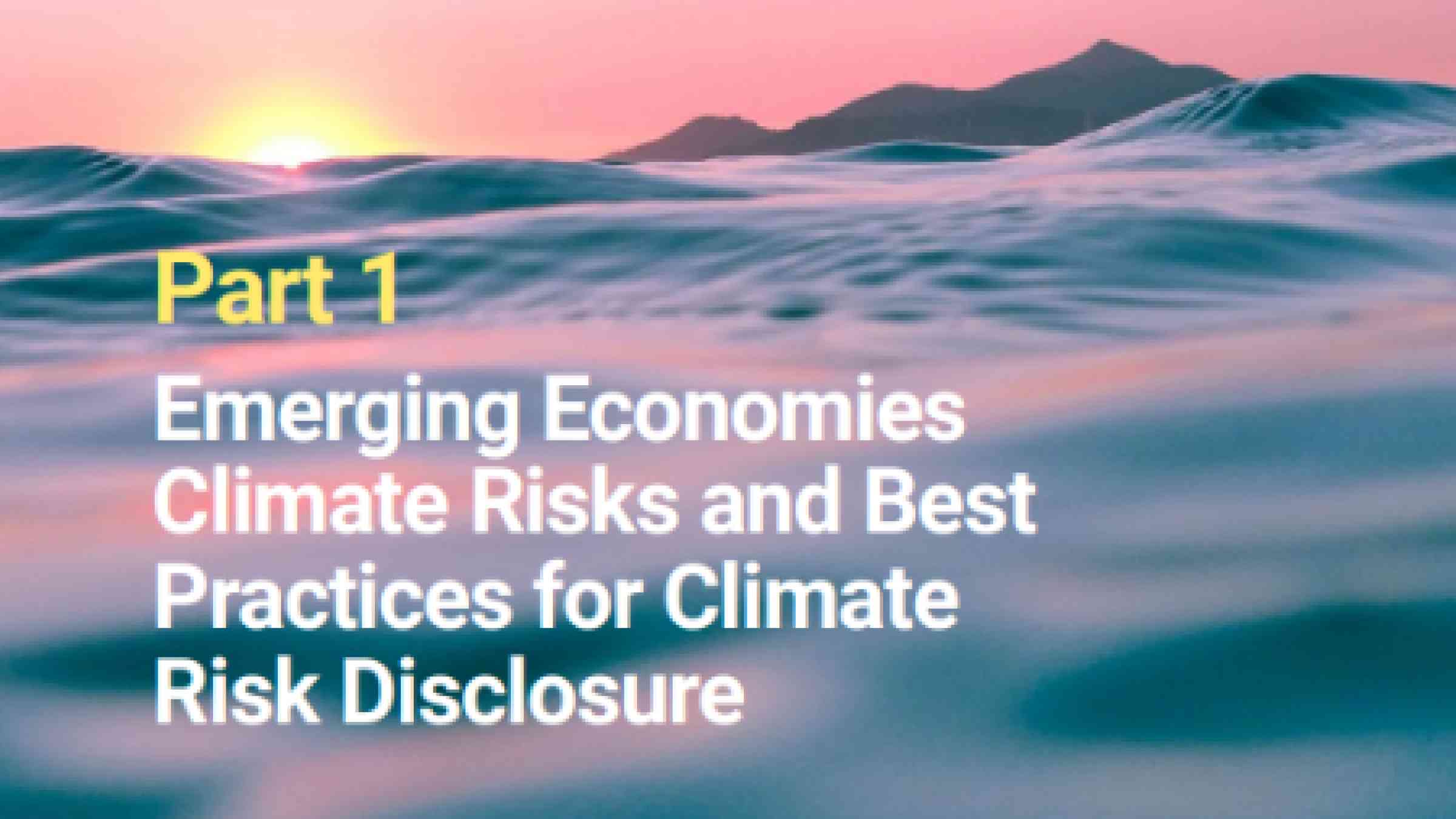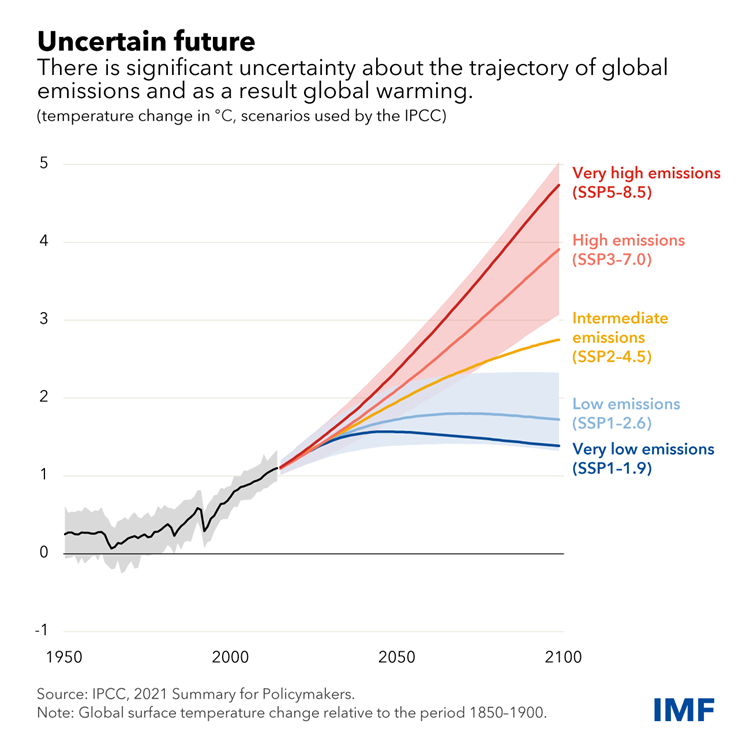Identifying Economic Threats in G20 Nations
The G20 countries, representing the world's largest economies, face a myriad of economic threats that require astute navigation by business leaders. Global economic instability is a pressing concern, exacerbated by factors such as fluctuating exchange rates, volatile commodity prices, and unpredictable economic growth patterns. These challenges necessitate vigilant monitoring and strategic planning to safeguard economic interests.
Trade and tariff disputes have further complicated the economic landscape. Ongoing tensions, such as those between major economies like the United States and China, have led to increased tariffs and trade barriers, disrupting global supply chains and creating an uncertain business environment. Business leaders must adapt to these changes and consider the implications of shifting trade policies on their operations.
Technological disruptions also pose significant threats, as rapid advancements in technology outpace regulatory frameworks and challenge traditional business models. The rise of automation, artificial intelligence, and digital transformation demands that companies innovate and invest in new technologies to remain competitive, while also addressing potential job displacements and ethical considerations.
Geopolitical tensions, such as conflicts and diplomatic standoffs, introduce further economic risks. These tensions can lead to sanctions, trade restrictions, and market volatility, affecting global economic stability. Business leaders need to be aware of these dynamics and develop strategies to mitigate potential impacts on their operations.
Environmental and climate risks are increasingly recognized as significant economic threats. The growing frequency and intensity of natural disasters, coupled with the global push for sustainable practices, require businesses to incorporate environmental considerations into their strategic planning. This shift not only aims to reduce environmental impact but also to seize opportunities in emerging green markets.
This report has been prepared using content written in english from academic papers, patents and IP, legal and court filings, popular web sites, credible web sites, global and niche news sources and wiki. Content and language choices can be finely focused by users with access to corpora.ai advanced features.
1. Global Economic Instability
The G20 nations face considerable challenges due to global economic instability, which is exacerbated by several factors including climate change and rising plastic use. G20 countries are significant contributors to global greenhouse gas emissions, responsible for 80% of emissions, which highlights their critical role in mitigating climate change. Despite this responsibility, they have struggled to agree on timelines for phasing out fossil fuels and increasing renewable energy 1. Without a comprehensive global treaty, plastic consumption in these countries is expected to nearly double by 2050, further stressing environmental sustainability 2.
Trade and investment flows within G20 countries significantly influence global production patterns, impacting various Sustainable Development Goals (SDGs). The interconnections between trade policies and the SDGs necessitate coherent policy actions to promote sustainable development 3. Additionally, there is an increasing call for G20 nations to enhance their commitments to the global commons and public goods to ensure sustainable management 4.
Furthermore, debt crises and inflation are immediate economic threats overshadowing environmental risks for G20 business leaders. The rising cost of living, partly driven by these economic factors, remains a pressing concern 5. At the same time, the necessity for G20 countries to adopt more responsible fiscal policies, such as eliminating support for coal infrastructure, is crucial to avoiding long-term environmental and economic detriments 6.
China has urged G20 countries to promote economic globalization, emphasizing the need for unity and cooperation to drive global recovery. This reflects the larger expectation that G20 nations lead in addressing economic disparities and fostering recovery efforts 7. However, G20 nations have been criticized for contributing to debt traps in poorer countries, suggesting a need for more equitable economic policies 8.
As climate experts laud India's efforts under its G20 presidency, the focus remains on advancing renewable energy goals and ensuring fair allocation of global carbon budgets 9. The collective responsibility of G20 countries extends to the development of policies for better regulation of crypto assets and addressing the growing skills gap to mitigate future economic volatility 10. Ultimately, the G20's ability to coordinate policy responses to economic and environmental challenges will be pivotal in stabilizing the global economy.
2. Trade and Tariff Disputes
Trade and tariff disputes among the G20 countries pose significant challenges to global economic stability and development. Increasing protectionism within these countries has the potential to hinder the implementation of the 2030 Agenda for Sustainable Development 11. Business leaders across different sectors have expressed concerns over rising tariffs and trade barriers, which they consider the most significant global trade challenges impacting logistics and supply chain operations today 14. These tariff hikes are not only seen as a challenge for businesses but are also perceived as a substantial blow to already struggling sectors 15.
In recent years, the G20 has made efforts to strengthen international economic institutions, as seen with the transformation of the Financial Stability Forum into the Financial Stability Board in 2009, an initiative that expanded its scope to include all G20 countries 12. Despite these efforts, significant hurdles remain, such as the varying impacts of tariffs on different member countries and sectors. For instance, high electricity tariffs have been highlighted as a critical barrier to industrial growth, impeding economic progress in various regions 15.
Additionally, there is a consensus on the need for cooperative economic policies among G20 nations to stimulate global demand and foster job growth 16. However, achieving this cooperation is complicated by individual countries' bilateral issues and differing economic priorities 18. The G20 has called on organizations like the International Labor Organization and the Organization for Economic Cooperation and Development to monitor and address the economic impacts of the pandemic, reflecting a need for collaborative efforts in tackling global economic issues 13.
Business leaders have underscored the importance of addressing trade barriers to support economic recovery and growth. The negative impacts of high tariffs are not limited to direct trade challenges but also affect broader economic conditions, such as electricity costs and overall industrial productivity 15. Moreover, efforts to reshore manufacturing in countries like the UK are hindered by concerns over rising operational costs and supplier management expenses 17.
These trade and tariff disputes highlight the complex interplay between national policies and global economic dynamics, necessitating strategic interventions to minimize adverse impacts and enhance economic resilience across G20 countries. As nations navigate these challenges, the role of effective governance and international cooperation becomes increasingly critical in achieving sustainable economic development and stability 11 14 16.
3. Technological Disruptions
Technological disruptions pose significant challenges and opportunities for G20 countries, necessitating collaborative and strategic responses. As educational systems worldwide face substantial changes, it is vital for G20 nations to jointly develop measures to track the transformation of teaching and learning practices. This collaboration is crucial to adequately prepare students for future challenges brought on by these disruptions 19.
In the agricultural sector, G20 countries are encouraged to adopt digital transformations, utilizing technological advancements for comprehensive analysis across the food value chain. This approach aims to enhance the efficiency and sustainability of agricultural practices, thus addressing the broader challenge of food security 20.
The integration of blockchain technology is another pivotal area of focus. Blockchain is seen as the essential framework to unify the New Industrial Revolution (NIR), and G20 nations must spearhead efforts to create effective synergies between technology and regulation 21. The importance of such integration is underscored by the bottlenecks in key sectors like construction and information technology, which are affected by shortages of basic materials and skilled labor 22.
The global landscape is also being reshaped by dramatic technological disruptions that intertwine with other pressing issues such as climate change and global inequalities 23. The COVID-19 pandemic, for instance, has accelerated the need for innovative approaches to tackle educational losses and economic setbacks across G20 countries 24.
Moreover, there is an urgent need for G20 countries to address the risks associated with the misuse of emerging technologies, including their potential use for terrorist purposes. This calls for a holistic approach to counter-terrorism that recognizes these new technological threats 25.
Automation presents both opportunities and challenges for the workforce. Policymakers and business leaders within the G20 need to proactively manage the transition to automation to mitigate its potential negative impacts on employment 26. The focus on reskilling and upskilling the workforce is critical, especially as automation technologies continue to evolve 27.
Lastly, technological advancements are shaping the future of work, compelling G20 nations to adapt their educational and skill development strategies. Ensuring that the benefits of digital transformation reach a broad spectrum of society is a shared goal, as highlighted by the G20's commitment to capacity building and empowerment through education 28.
4. Geopolitical Tensions
Geopolitical tensions have become a significant concern for the G20 nations, affecting global cooperation and economic stability. Prime Minister Narendra Modi, during the G20 Foreign Ministers' meeting, emphasized the need for consensus among countries to address pressing global challenges and avoid letting geopolitical differences hinder collaboration 29. This call for unity comes amid heightened concerns about food security, which has been worsened by ongoing conflicts and tensions 30. The G20 countries are particularly worried about the risks that these tensions pose to global growth, but they have not reached a consensus on resolving specific conflicts, such as the US-China trade issues 34.
Energy security is another critical area affected by geopolitical tensions. As developing nations with high energy demands pressure existing supplies, conflicts over access to energy resources could intensify 31. This is compounded by the uncertainty caused by the Russia-Ukraine war and US-China tensions, which have clouded the prospects for achieving meaningful outcomes in global discussions this year 32. India's presidency of the G20 is seen as an opportunity to catalyze change and address these multidimensional crises, including those related to food and energy security 33.
The economic landscape is further complicated by the lack of coherent strategies among G20 nations to address financial market risks, which have increased rather than diminished 38. The G20 nations, which constitute the world's major economic powers, face challenges in transforming commitments into effective domestic policies 40. The geopolitical rifts, notably between the US and China, have significant implications for the global economy, including trade relations and growth prospects 35.
In light of these challenges, the G20 summit's agenda focuses on fostering international cooperation to mitigate geopolitical risks and enhance trade cooperation 39. However, the geopolitical tensions continue to be a dominant theme, influencing discussions and strategies at the summit. The role of multilateral development banks, where G20 countries hold a majority, is pivotal in addressing these global issues 36. Yet, the path to achieving consensus remains fraught with challenges, as countries navigate their national interests within the broader international framework 37.
5. Environmental and Climate Risks
The G20 countries are at a critical juncture in addressing environmental and climate risks, with varying degrees of commitment and progress. While there is a general acknowledgment of the urgency to tackle climate change, as highlighted by Antha Williams of Bloomberg Philanthropies, the implementation of commitments remains inconsistent 43. A significant challenge is the continued reliance on fossil fuels, which some countries view as essential for economic recovery 42. This is despite ambitious goals to transition to a low-carbon economy.
In response to climate risks, there is a push for mandatory climate-risk reporting, as advocated by UN climate finance envoy Mark Carney. This initiative aims for businesses to invest in net-zero transition plans, which G20 countries are encouraged to support 41. However, the leadership in setting examples for global climate action has been lacking 48.
Disclosure of climate risks is another area of focus. While most G20 countries have some form of mandatory corporate climate change reporting, the consistency and comprehensiveness of these disclosures vary 45. Argentina, Mexico, Saudi Arabia, and Turkey lag behind in implementing public disclosure requirements for climate risks 44. There is a general need for improved transparency and accountability to ensure these reports effectively inform public and private sector strategies.
At the G20 summit, leaders face the challenge of coordinating a globalized world economy amidst climate change and economic uncertainty 46. The integration of sustainability into regulatory frameworks is seen as essential for supporting a transition towards more sustainable practices. However, many G20 countries struggle with honoring their climate commitments, indicating a gap between policy intent and action 43.
The faster adoption of low-carbon policies by G20 countries could mitigate cascading climate impacts, making them more manageable 47. Despite the challenges, there is an increasing recognition among businesses of the importance of reducing environmental impacts, driven by both regulatory pressures and market expectations 49. The role of central banks in promoting financial stability through climate risk disclosures is also highlighted, although not all countries have embraced this approach 44.
In summary, while G20 countries have made some progress in addressing environmental and climate risks, the pace and extent of change vary. The reliance on fossil fuels, inconsistent climate risk disclosures, and the gap between commitments and actions are ongoing challenges that require coordinated efforts and stronger leadership. The need for a comprehensive and integrated approach to environmental policy and climate action remains urgent 43 44 45 48.

